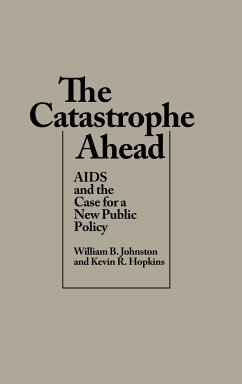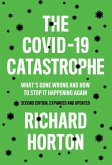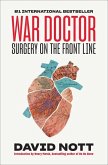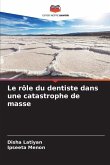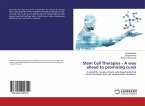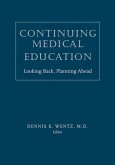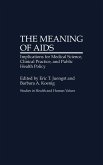The result of an intensive two-year research study, this volume examines the likely course of the AIDS epidemic over the next fifteen years. Extremely well-documented and based largely on sophisticated statistical analysis, the study makes detailed forecasts of who will become sick; explores the social, political, and economic consequences of the spread of the disease; and analyzes the controversial policy choices that must be made if the epidemic is to be contained. The authors argue that current policies have failed in their efforts to combat the spread of AIDS and suggest new public policy measures aimed at dramatically reducing the spread of the virus. AIDS researchers, health care practitioners, and policymakers will find The Catastrophe Ahead both an invaluable source of detailed statistical information about the AIDS epidemic and an urgent call to action. Based on the study results, the authors conclude that by 2002, a million and a half people may die of AIDS and more than 4 million others may be infected with the disease. They explore various scenarios--worst, best, and middle cases--demonstrating that blacks face by far the greatest risks: under the most likely scenario some 15 percent of all blacks between the ages of 15 and 50 will carry the virus by 2002. The authors propose a universal routine voluntary testing program to avert this catastrophe, enabling people to sexually self-segregate themselves based on whether or not they carry the HIV virus. While the authors concede that this program cannot completely stem the tide of infection, they argue that it offers one of the best defenses available against the epidemic. Well written and illustrated with numerous tables and figures, this volume should be required reading for anyone involved in AIDS counseling and policymaking.
Hinweis: Dieser Artikel kann nur an eine deutsche Lieferadresse ausgeliefert werden.
Hinweis: Dieser Artikel kann nur an eine deutsche Lieferadresse ausgeliefert werden.

